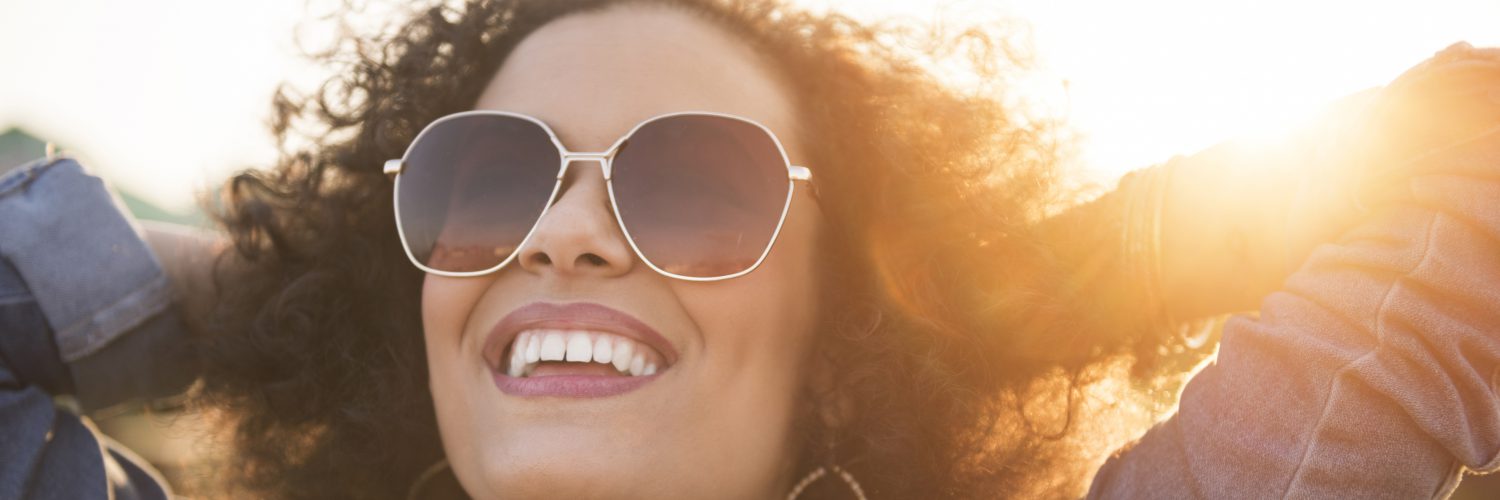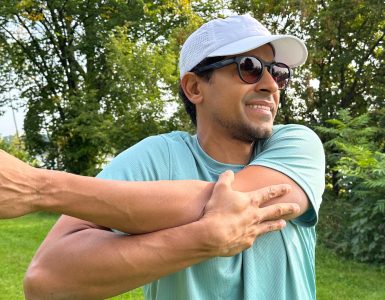As the days get longer and brighter, now is the perfect time to make sure your eyes are protected from the sun’s damaging ultraviolet (UV) rays. According to the American Academy of Ophthalmology, spending long hours in the sun without eye protection can contribute to cataracts, skin cancer around the eyes, and macular degeneration. This is especially important to remember during the summer months when the level of ultraviolet radiation (UVA and UVB) is three times higher.
These tips can help you protect your eyes and minimize sun damage while still enjoying fun outdoor activities during the summer (and all year round):
- Choose proper sunglasses. Wear labeled UV protective sunglasses that block 99 to 100 percent of UVA and UVB rays and screen out 75 to 90 percent of visible light. Larger sunglasses and close-fitting, wrap-around pairs offer the most protection, and check glasses before purchasing to make sure they are free of damage. It’s important to note that you don’t have to spend a lot of money to get quality glasses that will protect your eyes. While it doesn’t add extra sun protection, getting polarized sunglasses can help reduce glare, and certain lens colors can impact color and contrast.
- Protect the whole family. Remember that sunglasses aren’t just for adults—kids need sunglasses, too! Look for durable, plastic frames that won’t break easily if kids drop or step on them.
- Wear a wide-brimmed hat. Even though a hat doesn’t always protect you from the glare and light reflections from other surfaces, it will still reduce the total amount of sun radiation that can damage your skin and eyes. For maximum protection, also wear sunglasses.
- Wear UV-protective contact lenses. Many people don’t realize that some contact lenses do not offer UV protection. But you can ask your eye care professional to prescribe Class 1 UV-blocking lenses that have a UV protection layer already built in and block out more than 90 percent of UVA and 99 percent of UVB rays.
- Watch the clock. Remember that UV exposure to the eyes is the highest in the morning and mid-afternoon, so plan your schedule and your attire accordingly.
- Be prepared for all occasions. Impromptu trips outdoors can happen anytime, especially in summer. Keep a bag containing sunglasses, sunscreen, and a wide-brimmed hat in the trunk of your car to use when you get the sudden urge to go to the beach, park or other outdoor area.
Remember that UV protection isn’t just for summer–or sunny—days and activities. Protect your eyes all year round. Even on cloudy days or winter days, your eyes are still susceptible to damage from UV rays, so always keep sunglasses handy. Plus, for those who enjoy winter sports such as skiing, keep in mind that the reflection from the snow, especially in high altitudes, has increased UV radiation.
Additional resources
To learn more about how to keep your eyes safe from the sun, check out these websites:



